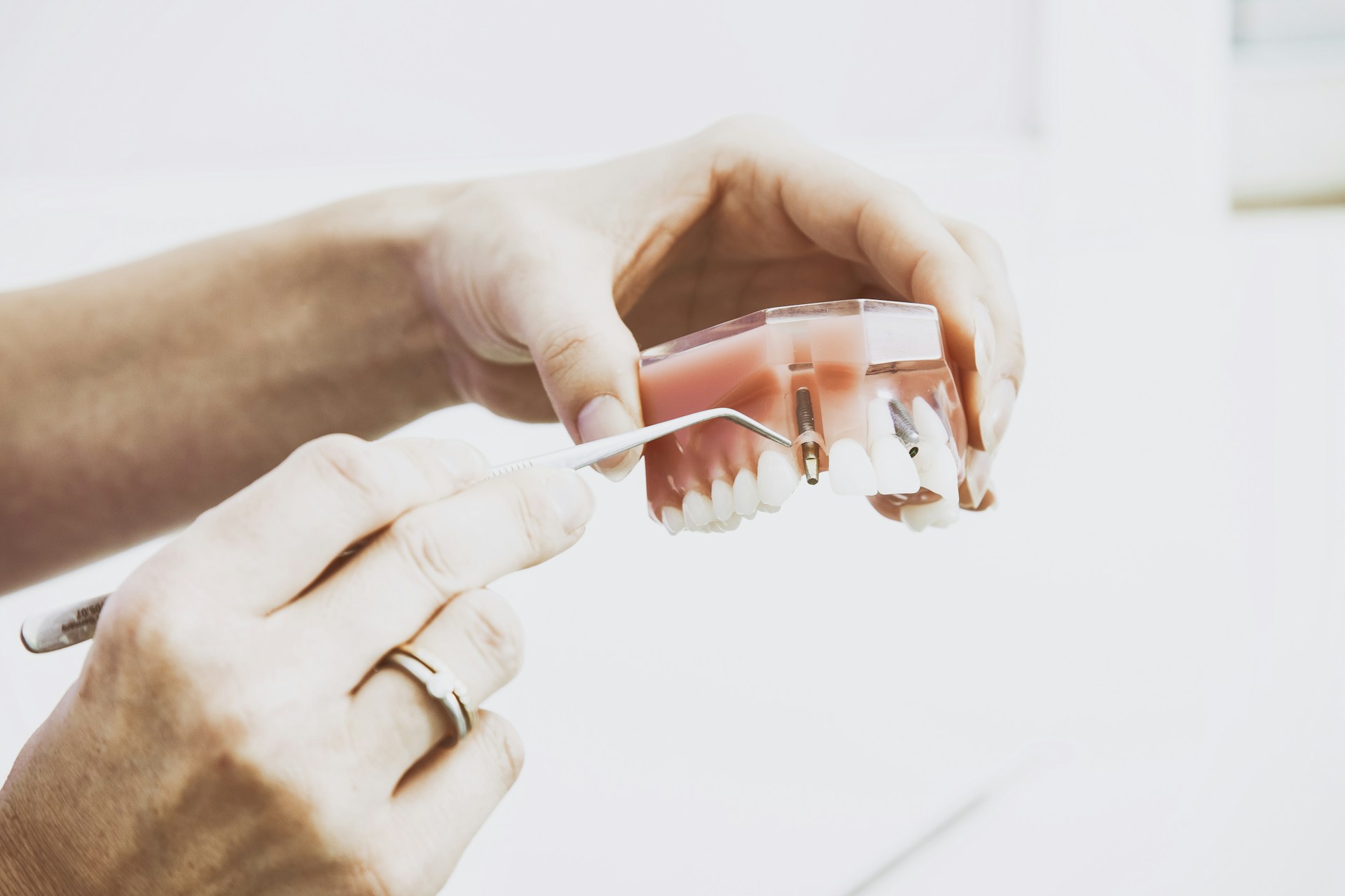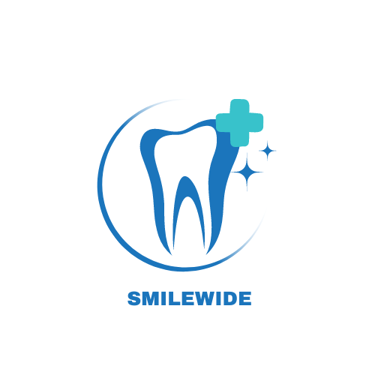SMILE- It costs nothing !!!
Dental Visit Frequency: How Often Should You See the Dentist?
2/1/2024


How Often Should I Go to the Dentist?
As we navigate the bustling landscape of our routines, the question often arises: How often should I visit the dentist? Is an annual check-up sufficient, or should it be more frequent?
Beyond the occasional toothache or cosmetic concerns, our oral health plays a pivotal role in our systemic health.
From the early detection of potential issues to preventive care measures, the dentist's chair is where the foundations of a healthy smile are laid.
Let's embark on a comprehensive exploration, shedding light on the frequency of dental visits and understanding why they are an essential component of a holistic approach to wellness.
The frequency of dental visits depends on various factors, including your oral health, age, and risk factors for dental problems. In general, it is recommended to visit the dentist every six months for a routine checkup and cleaning.
However, some individuals may require more frequent visits if they have certain conditions like gum disease, a weakened immune system, or a history of dental issues.
It is important to note that these recommendations may vary for each individual.
Your dentist will assess your oral health and provide personalized advice on how often you should schedule dental appointments.
The Importance of Dental Checkups
Dental checkups play a crucial role in maintaining oral health and preventing dental problems. Here are some key reasons why regular dental checkups are necessary:
Early Detection of Dental Issues: Regular checkups allow dentists to identify dental problems at an early stage.
This includes cavities, gum disease, oral cancer, and other oral health issues. Early detection enables prompt treatment and prevents the progression of these conditions.
Prevention of Dental Problems: Dental checkups involve professional teeth cleaning, which helps remove plaque and tartar buildup.
This reduces the risk of cavities, gum disease, and other oral health problems. Additionally, dentists can provide preventive treatments like dental sealants or fluoride applications to further protect your teeth.
Oral Health Education: Dentists use checkups as an opportunity to educate patients about proper oral hygiene practices.
They can provide guidance on brushing techniques, flossing, and recommend specific oral care products suitable for your needs.
Overall Health Assessment: Oral health is closely linked to overall health. During a dental checkup, dentists can identify signs of systemic conditions such as diabetes or vitamin deficiencies.
They may also collaborate with other healthcare professionals to ensure comprehensive care.
Difference Between Dental Checkup and Dental Treatment
A dental checkup and dental treatment are two distinct aspects of oral healthcare. Here's a brief explanation of the differences:
A dental checkup, also known as a dental examination or oral examination, is a preventive measure that focuses on assessing and maintaining oral health.
It typically involves a thorough examination of your teeth, gums, and oral tissues. The dentist will check for any signs of dental issues, perform a professional cleaning, and provide oral health education.
Dental treatment, on the other hand, involves specific procedures aimed at addressing existing dental problems.
This can include treatments such as fillings, root canals, tooth extractions, dental implants, or orthodontic procedures. Dental treatments are necessary when there are dental issues that require intervention and restoration.
What to Expect at Your Dental Checkup
A dental checkup usually consists of the following components:
Medical History Review: The dentist will review your medical history, including any medications you are taking and any changes in your overall health.
Oral Examination: The dentist will examine your teeth, gums, and oral tissues for signs of decay, gum disease, oral cancer, or other abnormalities.
X-rays: X-rays may be taken to detect any hidden dental issues, such as cavities between teeth or problems with the tooth roots.
Professional Cleaning: A dental hygienist will perform a thorough cleaning of your teeth, removing plaque and tartar buildup.
Discussion and Recommendations: The dentist will discuss their findings, provide recommendations for any necessary treatments, and offer guidance on oral hygiene practices.
What Can You Do to Keep Dental Appointments to a Minimum?
While regular dental checkups are important, there are steps you can take to minimize the number of dental appointments needed:
Maintain Good Oral Hygiene: Brush your teeth at least twice a day with fluoride toothpaste, floss daily, and use mouthwash. This helps prevent dental issues and reduces the need for frequent dental visits.
Follow a Healthy Diet: Limit sugary and acidic foods and beverages, as they can contribute to tooth decay. Instead, opt for a balanced diet rich in fruits, vegetables, and dairy products that promote good oral health.
Quit Smoking: Smoking increases the risk of gum disease, oral cancer, and other oral health problems. By quitting smoking, you can significantly improve your oral health and reduce the need for dental treatments.
Protect Your Teeth: Wear a mouthguard during sports activities to prevent dental injuries. Avoid using your teeth as tools to open packages or bite into hard objects, as this can lead to tooth fractures or other damage.
Stay Hydrated: Drinking plenty of water helps maintain saliva production, which is essential for oral health. Saliva helps wash away food particles and neutralize acids that can damage teeth.
As we conclude our exploration into the realm of dental care, it becomes evident that regular dental visits are not merely a routine obligation but a cornerstone of our overall well-being.
Consider your dentist not just a dental professional but a partner in your health journey.
Regular visits create a collaborative effort where you and your dentist work hand in hand to ensure the longevity of your teeth and gums.
Prevention, they say, is the best medicine, and in the context of oral health, this rings especially true.
RELATED :

Contact Smiles
drdeepi15@gmail.com
Dr. Deepika B.D.S
© 2025 SmileWide Dental. All Rights Reserved.
Have doubts ..?
